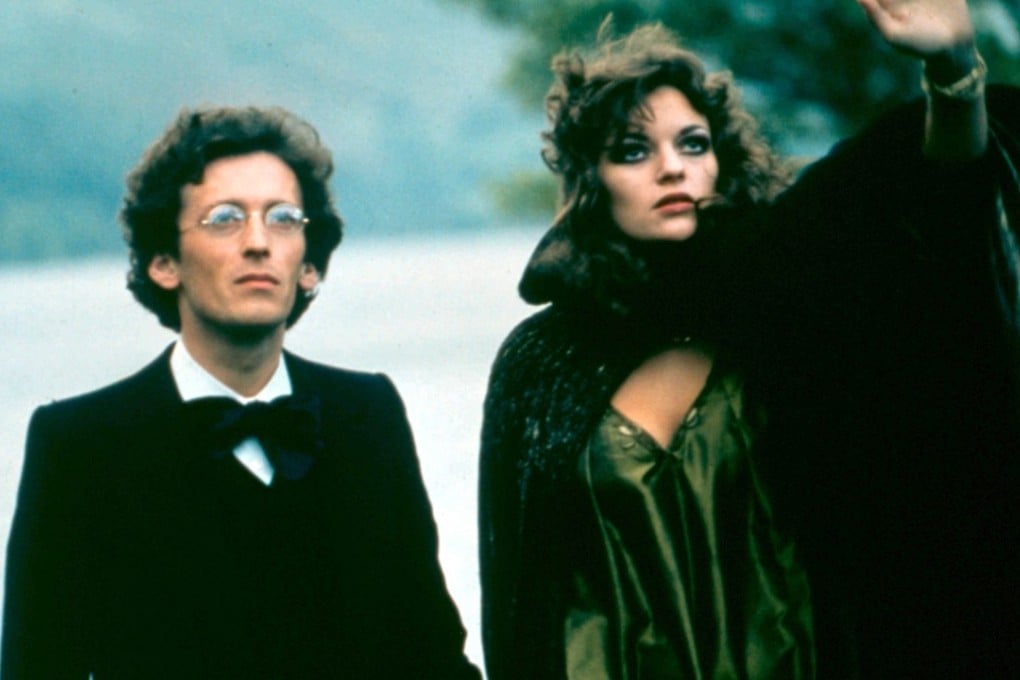Flashback: Mahler (1974) – Ken Russell’s eccentric portrait of the 19th-century Romantic composer
Highly stylised and at times factually unreliable, Russell’s iconoclastic work shows a deep appreciation of Gustav Mahler’s creativity

Rather than depicting the lives of his subjects in the humdrum manner of most biopics, British director Ken Russell used the full arsenal of cinematic techniques to comment on the great composers in his films. Mahler (1974), which arrived on the heels of films and television programmes about Tchaikovsky (The Music Lovers [1970]), Elgar and Delius, is an emotive, eccentric film about the 19th-century Romantic composer that uses subversive imagery, camp excess and choreographed performance sequences to depict key events in his life.
Although many of the scenes are highly stylised, and there are factual inaccuracies, the film stays as true to the life of its subject as most conventional biopics. Russell’s deep understanding of Mahler’s music is evident, and the synchronicity between image and music provides a powerful, if unusual, experience for open-minded music lovers.

Robert Powell stars as Mahler, whose life story is told in flashback, via dreams and memories, while he journeys to Austria on a train. Russell analyses the composer’s creativity, and references key events in his life, such as his renunciation of Judaism at the behest of Richard Wagner’s widow, Cosima, a notorious anti-Semite. At the core of the flamboyant stylistics lies a story about Mahler’s relationship with his wife, Alma (Georgina Hale), who is aggrieved because he stymied her own creative instincts.